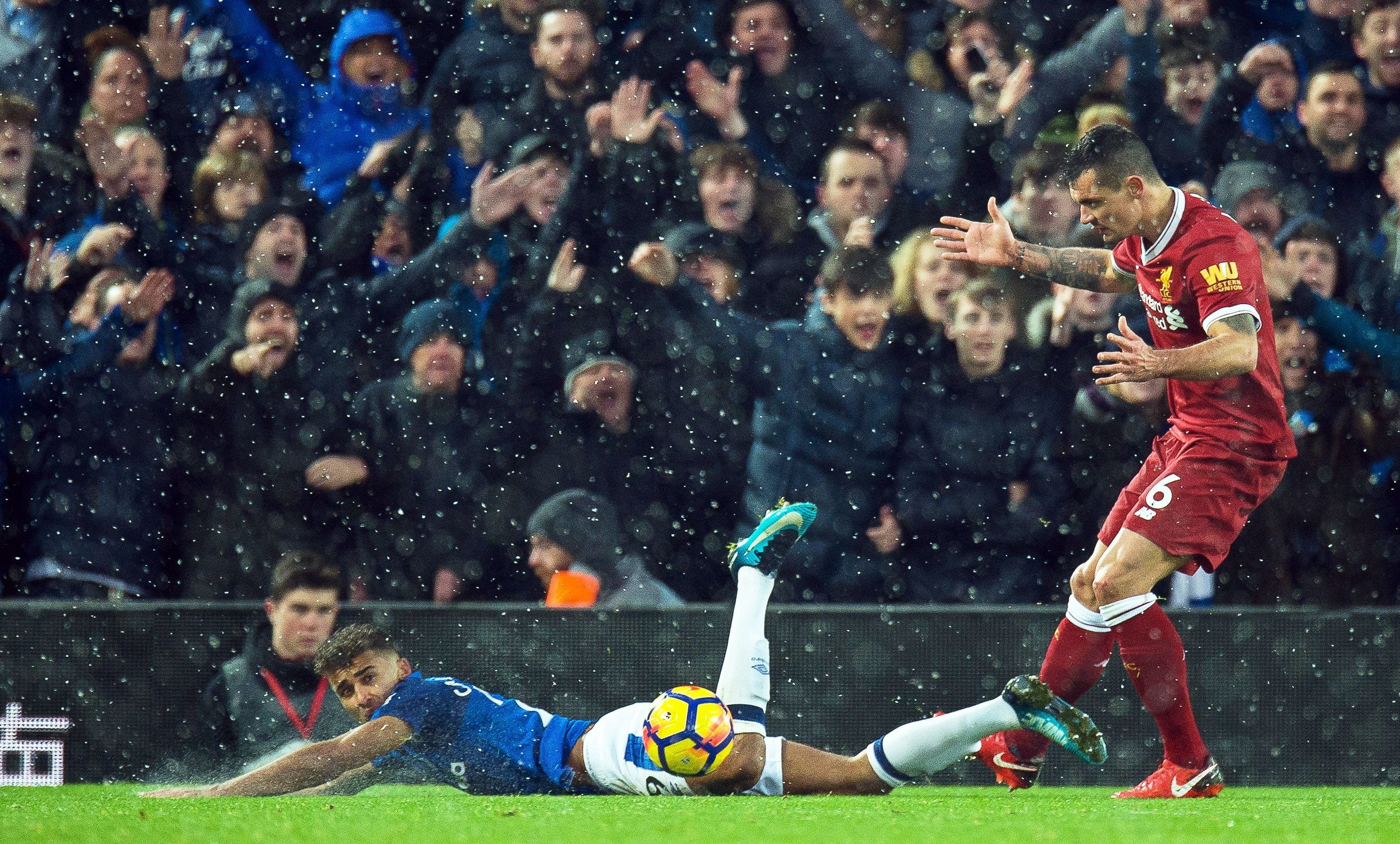
THERE has been huge debate in England in the past week over whether certain players have dived or not during games.
The main argument is over whether it has been right to hand out retrospective punishments using TV evidence by a panel selected by the FA.
As I have said many times in this column, I have sympathy for referees and their assistants as they have an extremely-difficult job. Of that there is no doubt.
I’m all for trying to help them as much as possible because the most important thing is that we try to get every decision right in every game.
But not every decision can be a matter of fact. Many calls made in games are a matter of opinion.
Two such incidents come to mind from the past couple of weeks.
Last Saturday, West Ham were awarded a penalty when Mario Lanzini went down inside the box after a challenge from Stoke’s Erik Pieters.
After the game, the FA reviewed the incident and charged the player with “successful deception of a match official”.
He was given a two-game ban. Lanzini appealed it but the decision was upheld.
David Moyes was furious and stated that the referee was 10 yards away from the incident, and his original decision should be allowed to stand.
There is a point to that. You don’t want to be over-ruling the referees every weekend.
That could create a disharmony between them and the governing bodies and crush their confidence.
So we must allow for human error. We cannot micro-manage every decision in every game.
Another element is that when the FA decide that there is a case to answer for any such decisions and order a review, can an impartial process be guaranteed?
I only put that out there because the panel making the decision will have been brought in by the FA.
Also, if you are being punished, you can send in a letter to explain your side of the story.
However, surely a player should be allowed to attend in person and explain the situation face-to-face? That should be a given right.
The principle of retrospective action is correct because we want to see blatant diving being punished.
But implementing flaw-free system and process won’t be straightforward.
I think it’s about referees having as much insightful education on the game as possible.
The other example I was going to cite was the penalty awarded to Everton in the Merseyside derby at Anfield last Sunday.
Dejan Lovren was penalised for a challenge on Dominic Calvert-Lewin. Referee Craig Pawson pointed to the spot.
Now, my view is that the angle of the run taken by the Everton player put him directly into the path of the oncoming Lovren, and contact was unavoidable.
But it was not a deliberate foul by the Liverpool player. So I don’t think it was a penalty. Again, of course, it’s all a matter of opinion.
But it comes back to my point of referees needing to have a greater understanding of the game.
It’s like when a player sees a tackle coming, and deliberately “rides” the challenge.
That is not him diving or trying to get the opposition player a booking or red card.
He is anticipating something and he does what he needs to do to avoid it.
What is a player meant to do? Stand there and take a broken leg? It’s about taking evasive action.
When I was a player, I never dived. My priority was doing what I could to score a goal.
I never went down if I didn’t need to. I tried my best to be honourable on the pitch and respect my opponent.
As the season goes on, there is no doubt there will be many more incidents up for debate, with managers, pundits, and former referees going over in fine detail.
Indeed, in the English League Cup semi-final next month the VAR (Video Assistant Referee) system will be used in both legs of the game between Chelsea and Arsenal.
It seems to be a successful system and FIFA are keen to have it in place for next summer’s World Cup Finals.
The other semi-final is between Manchester City and Bristol City, and it was a great footballing story to see Lee Johnson’s team emerge victorious against Manchester United.
And I’m not just saying that because they beat United!
Every now and again, our game needs that fairytale element to keep us all going, and give smaller clubs the feeling of being a giant-killer and upsetting the odds.
It can’t do any harm.

Enjoy the convenience of having The Sunday Post delivered as a digital ePaper straight to your smartphone, tablet or computer.
Subscribe for only £5.49 a month and enjoy all the benefits of the printed paper as a digital replica.
Subscribe